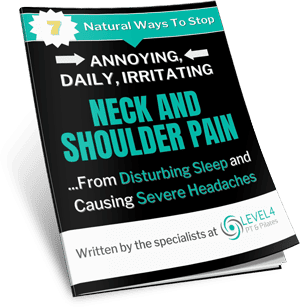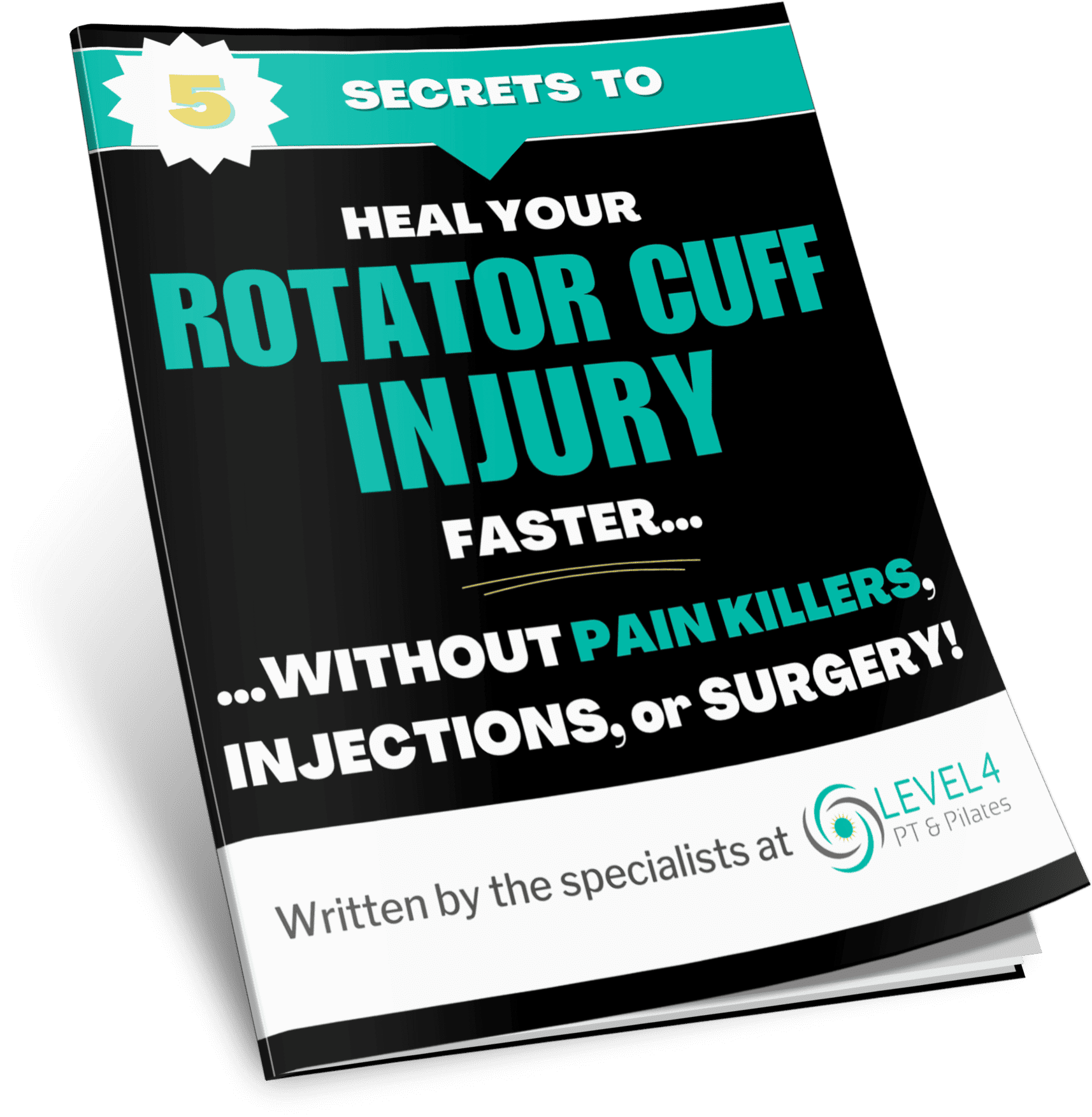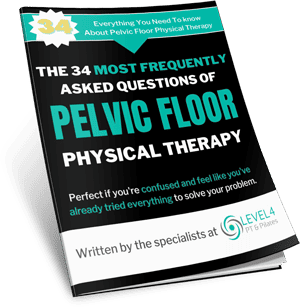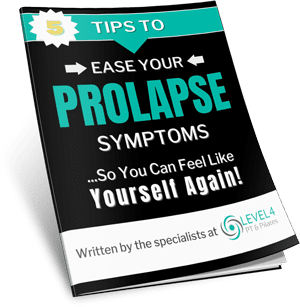Surgery May Not Always Be Your Best Option
More than 15 million Americans undergo surgery each year, but there’s growing recognition that some elective operations may be more about the surgeon’s preference than about the patient’s need for the procedure, meaning surgery may not always be your best option.
Never choose surgery without exploring nonsurgical options first. In general, surgery is recommended only when less invasive treatments have failed or when it’s clear that a surgical repair will deliver a better result than nonsurgical treatments.
When surgeons develop expertise at a particular procedure, they can begin to see every patient as a potential candidate.
How do you make sure that when your doctor suggests surgery, it’s the best decision for you?
Surgeons often decide to perform procedures because that’s what’s usually done, it’s what they’re taught, it sounds logical or it fits with observations from their own practice.
If the surgeon’s decision is in line with evidence from scientific studies, there’s little problem. But if the two conflict, either the surgeon’s opinion or the evidence is wrong.
A review of studies comparing surgery to sham or placebo surgery showed surgery was no better than a placebo in just over half of the studies. And in studies where surgery was better than placebo, the difference was generally small.
As an example, two studies compared placebo surgery to keyhole surgery (arthroscopy) of the knee in patients with degenerative conditions (arthritis, meniscus tears, and catching and clicking). Both studies showed no important difference in surgical outcomes between the two groups. If you research additional surgery outcomes for the back, shoulder, ankle, neck, and hip to name a few, you will find similar results.
So, there are two problems in surgery: an evidence gap (in which there’s a lack of high-quality evidence) and an evidence-practice gap (where there’s high-quality evidence that a procedure doesn’t work yet is still performed).
Part of the problem is that operations are often introduced before there’s good quality evidence of their effectiveness in the real world. The studies comparing them to non-operative treatment or placebo often come much later – if at all.
Billions are spent worldwide on surgical procedures that turn out not being effective – leaving the patient with many complications; poor longer-term quality of life, a life on painkillers, and permanent disability.
This is important to consider where surgery might be a bad choice. Some medical conditions herald a terminal decline in health, for which living longer is not as good as living well.
Sharing decisions
Our physical therapy specialists who are experts in therapeutic options believe that shared decision-making should take into account beliefs, preferences, and views of the patient as an expert in what is right for them.
Surgery is a big deal, so ask for a second opinion before making a decision. If you ask for a second opinion and the original doctor balks at that request, you should be worried.
Before you schedule surgery, ask your surgeon how long it will take to recover. Discuss what limitations you’ll face during the post-op period. Also, find out what you can do to maximize your recovery. Some operations require physical therapy or other rehabilitation to achieve the best results prior to surgery.
Only agree to surgery once you understand what results you can expect and how these compare to your other options.
Do I need a script to come to PT?
All 50 states, California included, have some form of direct access law, meaning you can see a physical therapist without a prescription. In the state of California, there are no restrictions on access to physical therapy services.
Who are we?
We are LEVEL4 PT & Wellness, and we do things a little bit differently. When you work with us, you will always receive one-on-one care with a physical therapist you can trust. You and your family will work directly with our specialists, who are never double booked. So they are able to keep 100% of their attention on you.
We are open-minded and driven to achieve superior outcomes. Following dogma in treatment can lead you to miss important details. We seamlessly connect multiple world-renowned systems to make sure that nothing is missed and to streamline your recovery. Our scientifically proven four-stage process integrates our four levels of rehabilitation with our performance pyramid and top-notch diagnostic exams.
What does this mean for you? It means we help our clients get out of pain by finding the root cause of the problem and get back to doing what they love – guaranteed.
Next steps
Schedule a no-pressure phone consultation to see if we’re the right fit for you. You will get expert advice so you can make the best informed and logical decision for your health. We will help you finally get some clear answers. And we can discuss the best solutions available to you, even if it’s not with us. We understand that finding quality care is a challenge, that’s why the first session is always on us.
What are you waiting for? If you want to find out more information on other natural and holistic options, call now! 760-503-4440 or click the button below and fill out the simple form… And we will call you.
- Can Physical Therapy Help My Muscles After Having Covid? - January 26, 2022
- The Real Story Behind What’s Causing Your Sciatica - August 30, 2021
- Should I Have Surgery to Repair a Tear in My Rotator Cuff? - February 9, 2021



















